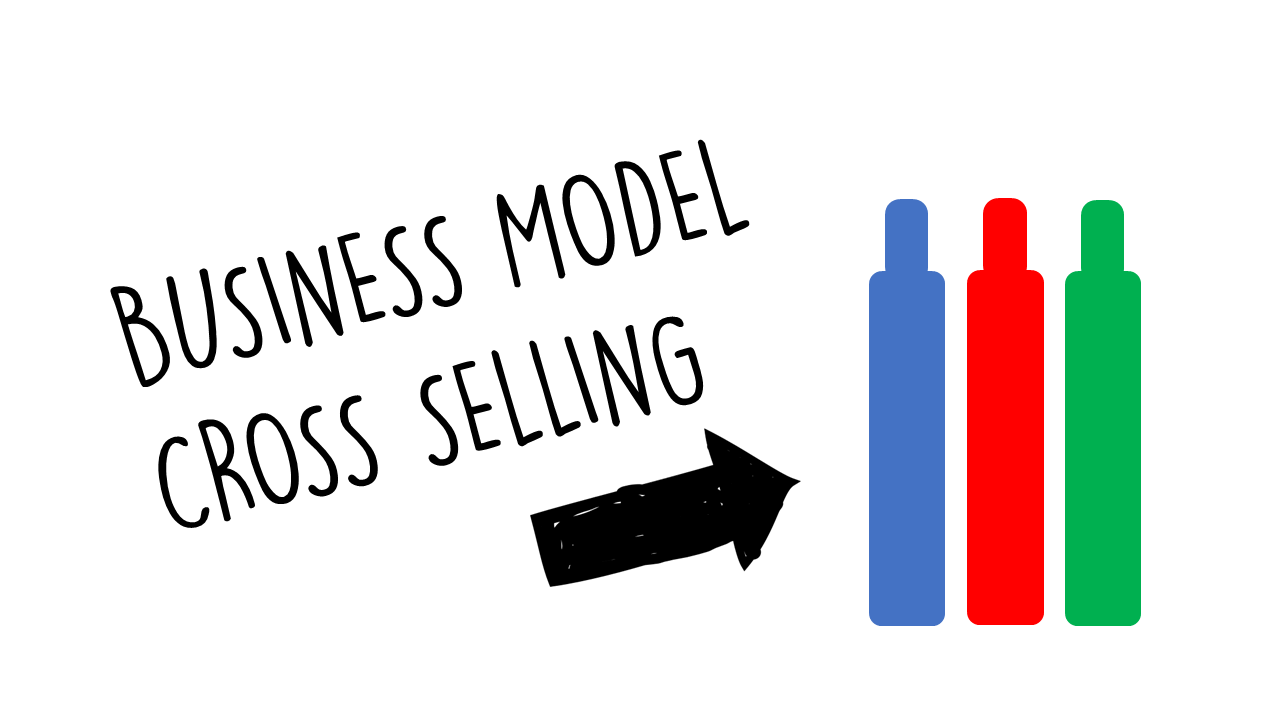Here are the top 10 questions and answers regarding competitor attacks in B2B situations, covering strategies, responses, and best practices for businesses:
1. Q: What are common types of competitor attacks in B2B markets?
A: Common types of attacks include aggressive pricing strategies, targeted marketing campaigns, misinformation about your product or service, and poaching key employees. Competitors may also try to secure client contracts through exclusive deals or superior service promises.
2. Q: How can I identify if a competitor is actively attacking my business?
A: Signs of competitor attacks include sudden changes in market share, a spike in customer complaints or inquiries about competitor offerings, negative feedback on social media, loss of key accounts, and unusual marketing activities by competitors. Conducting regular market analysis and customer feedback surveys can help identify these threats.
3. Q: What steps should I take to respond to a price undercut from a competitor?
A: First, analyze your cost structure to determine if you can sustain a price war. Consider introducing value-added services or differentiating your product to justify your pricing. Additionally, communicate the unique benefits of your offering clearly to customers, focusing on quality over price.
4. Q: How can I protect my company from misinformation spread by competitors?
A: Develop a robust communication strategy to address any misinformation quickly. Monitor social media and industry forums for potential misinformation, and be proactive in sharing accurate information about your products and services. Engaging with your customers through transparent and open communication also helps build trust.
5. Q: Should I retaliate against my competitors, or focus on my strategy?
A: While it’s tempting to retaliate, a more effective approach is to focus on enhancing your own value proposition and customer relationships. Retaliation can escalate conflicts and distract from your long-term goals. Instead, emphasize innovation, customer satisfaction, and brand loyalty.
6. Q: How can I differentiate my product or service in a competitive landscape?
A: Differentiate by focusing on unique features, superior customer service, tailored solutions, or incorporating customer feedback into product development. Leverage case studies and testimonials to showcase your strengths, ensuring that potential clients understand why your offering is the best choice.
7. Q: What role does customer feedback play in countering competitor attacks?
A: Customer feedback is crucial for understanding market perceptions and areas where your competition may have an edge. Using feedback can help you improve your offerings, enhance customer satisfaction, and reinforce your brand’s strengths. It also helps in building strong customer relationships that are less susceptible to competitor influence.
8. Q: When is it a good time to change my business strategy in response to competition?
A: It’s time to reassess your strategy if you experience consistent loss of customers, declining sales, or negative shifts in market share. Additionally, if competitors introduce significant innovations or disrupt the market significantly, evaluating and adjusting your strategy may be necessary.
9. Q: How can collaboration with other businesses help counteract competitor attacks?
A: Collaborating with complementary businesses can enhance your product offerings and improve market reach. Partnerships can provide shared resources for marketing, innovation, and customer service. By combining strengths, you can create offerings that are more competitive against aggressive rivals.
10. Q: What long-term strategies can I implement to minimize the impact of competitor attacks?
A: Long-term strategies include continuously innovating your products or services, building strong relationships with clients, enhancing your branding and market presence, conducting regular competitive analysis, and investing in employee training. Establishing a strong company culture that promotes agility and adaptability will also help you respond quickly to competitive threats.
These questions and answers provide insights on how to navigate and mitigate the risks associated with competitor attacks in the B2B space
If you need more detailed information on any specific topic, let me know!





